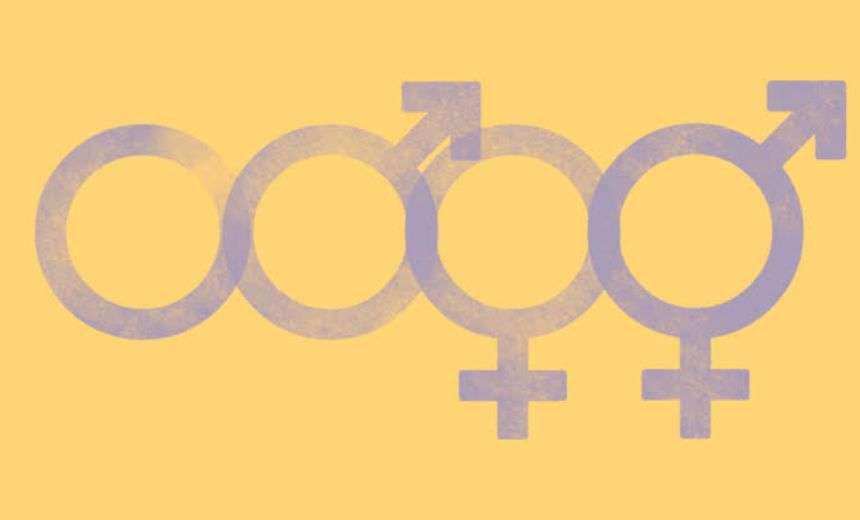The Intersex community in Nigeria wants urgent reforms in Nigeria’s healthcare system to bridge decades-long knowledge gaps about intersex individuals.
The Executive Director, Obioma Chukwuike says many health professionals remain uninformed about intersex variations, often leading to discrimination and harmful medical practices.
Intersex indivuduals are People who have reproductive or sexual anatomy that doesn’t fit into an exclusively male or female (binary) sex classification.
They are born with natural sex characteristics, including genitals, gonads, or chromosomes, that do not fit typical definitions of male or female bodies.
Globally, it is estimated that up to two percent of the population is born with intersex traits.
In Nigeria, the topic of intersex remains a taboo. A 2021 report by the African Intersex Movement found that over 60 percent of intersex individuals in West Africa have experienced healthcare discrimination or been denied proper treatment due to stigma and misinformation.
Very often the rights and healthcare needs of intersex people remain largely underreported and misunderstood.
Change may however be on the horizon as efforts are ongoing to educate and sensitize public health workers on the realities and specific healthcare needs of intersex persons as exemplified at a two-day Abuja workshop organized by Intersex Nigeria which brought together key stakeholders from the Federal Ministry of Health and Social Welfare.
The Ministry of health and social welfare says ongoing initiatives align with its broader mandate to promote health equity across all populations.
The sensitization workshop in Abuja is therefore a step toward deeper inter-agency collaboration, revised healthcare protocols, and stronger legal protections for intersex persons.
(Editor: Anoyoyo Ogiagboviogi)








